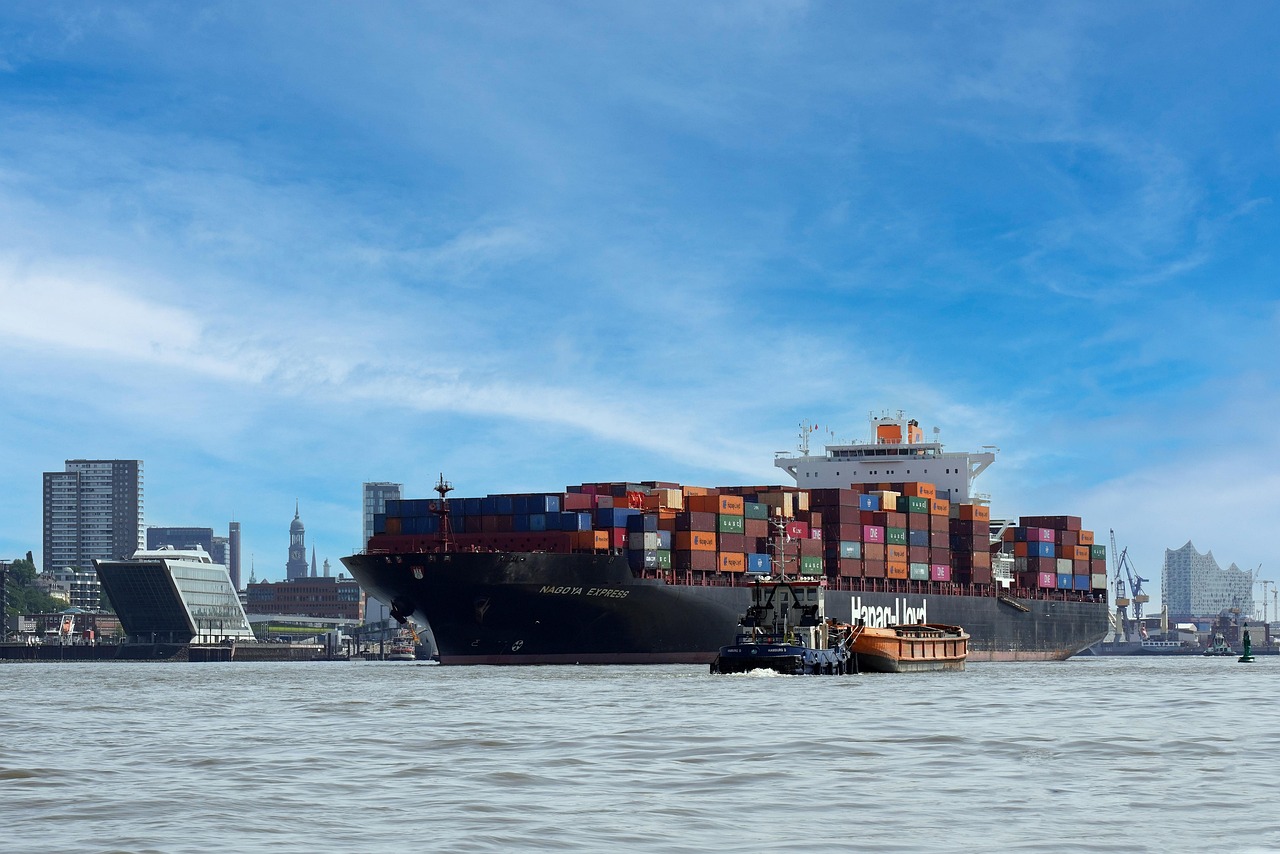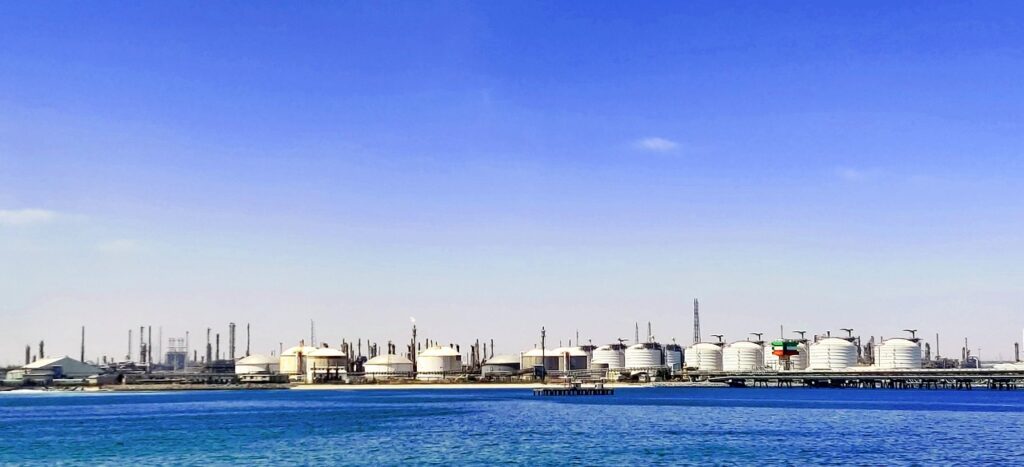Our Services
SERVICES
Complete Logistics Services

Transportation Services
Road Freight: Transportation of goods via trucks, including full truckload (FTL) and less-than-truckload (LTL) shipments.
Rail Freight: Use of rail networks for transporting bulk goods, including petroleum products, across long distances.
Sea Freight: Ocean transportation for both bulk and containerized shipments, including crude oil and refined petroleum products.
Air Freight: Fast and efficient air cargo services for high-value, time-sensitive, or perishable goods.
Specialized Transport: Services for transporting oversized, hazardous, or temperature-sensitive freight (e.g., hazardous chemicals or petroleum).
Petroleum Product Transport: Transport of crude oil, refined fuels, and other petroleum products via tankers, pipelines, and specialized vehicles.

Petroleum Logistics Services
Tank Farm Operations: Managing the storage and handling of petroleum in dedicated storage tanks, including maintaining stock levels and ensuring safety measures are adhered to.
Pipeline Operations: For companies with pipeline networks, ensuring the safe and efficient transport of petroleum products from refineries or terminals to their destination.
Emergency Response: Implementing rapid response measures for spills, leaks, or other incidents related to petroleum transportation and storage.
Blending and Refining Services: Facilitating the blending or refining of petroleum products to meet customer specifications.

Warehousing and Storage Services
Petroleum Storage: Safe, secure, and compliant storage solutions for petroleum products in tank farms, tanks, or other storage facilities.
Temperature-Controlled Storage: For goods that require specific temperature conditions, such as chemicals or pharmaceuticals.
Freight Storage: General warehousing services for goods of all types before delivery or further transportation.
Inventory Management: Real-time tracking of stored goods, providing inventory control and forecasting.
Cross-Docking: Goods are transferred directly from inbound transportation to outbound transportation with minimal storage time.
Bonded Warehouses: For goods that are subject to customs duties, offering a duty-free storage option until goods are ready for clearance.

Logistics Consulting & Supply Chain Management
Route Optimization: Analyzing and planning the best routes for transportation to minimize costs, time, and environmental impact.
Supply Chain Management: Managing the entire supply chain, from procurement to delivery, to ensure efficiency and cost-effectiveness.
Freight Forwarding: Acting as an intermediary between the shipper and transportation services to arrange for the optimal freight solution.
Inventory Management Consulting: Advising on the most efficient ways to manage inventory, reduce costs, and streamline logistics operations
WHY
What Sets Us Apart?

Safety and Compliance

Experienced Team

Efficiency

Trust

State-of-the-Art Facilities
